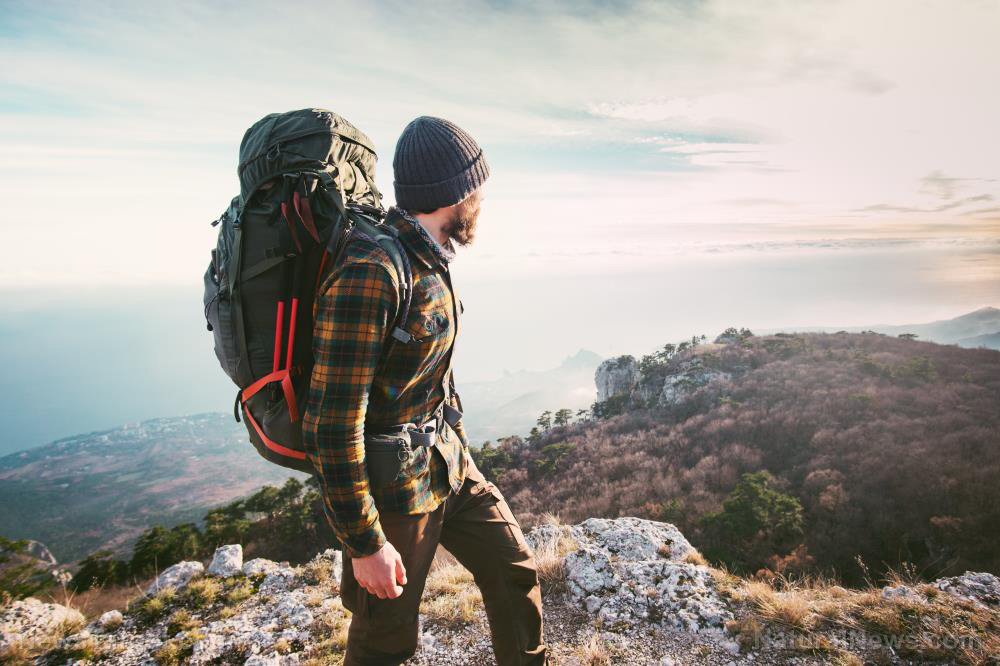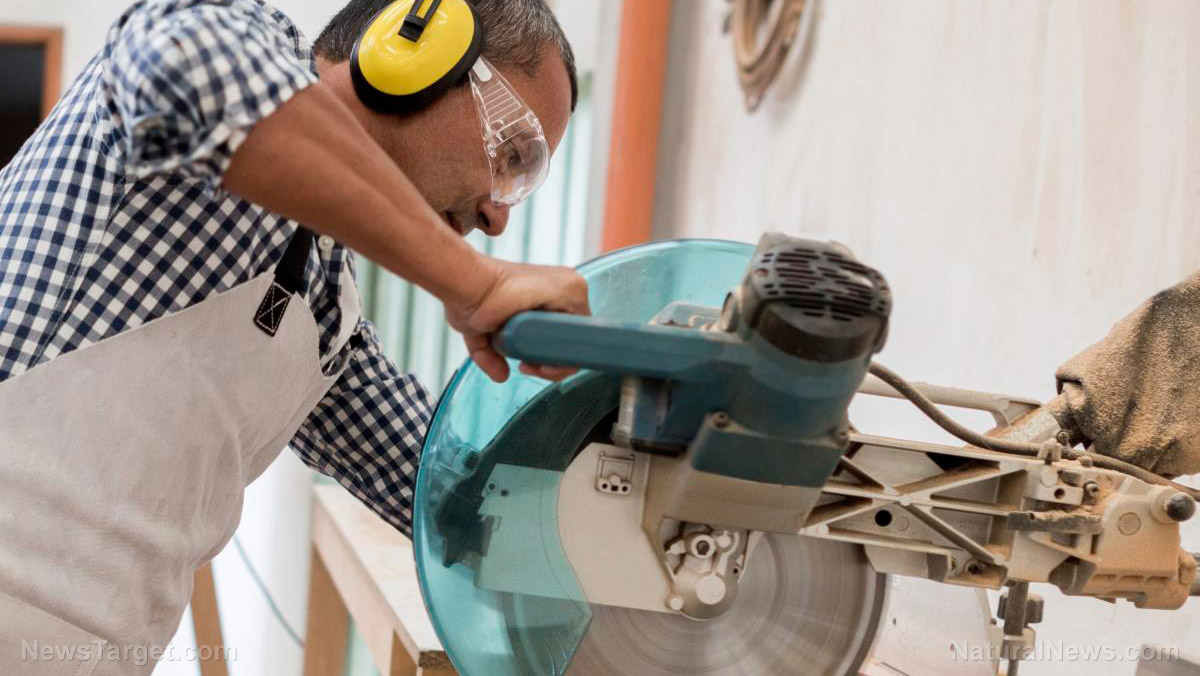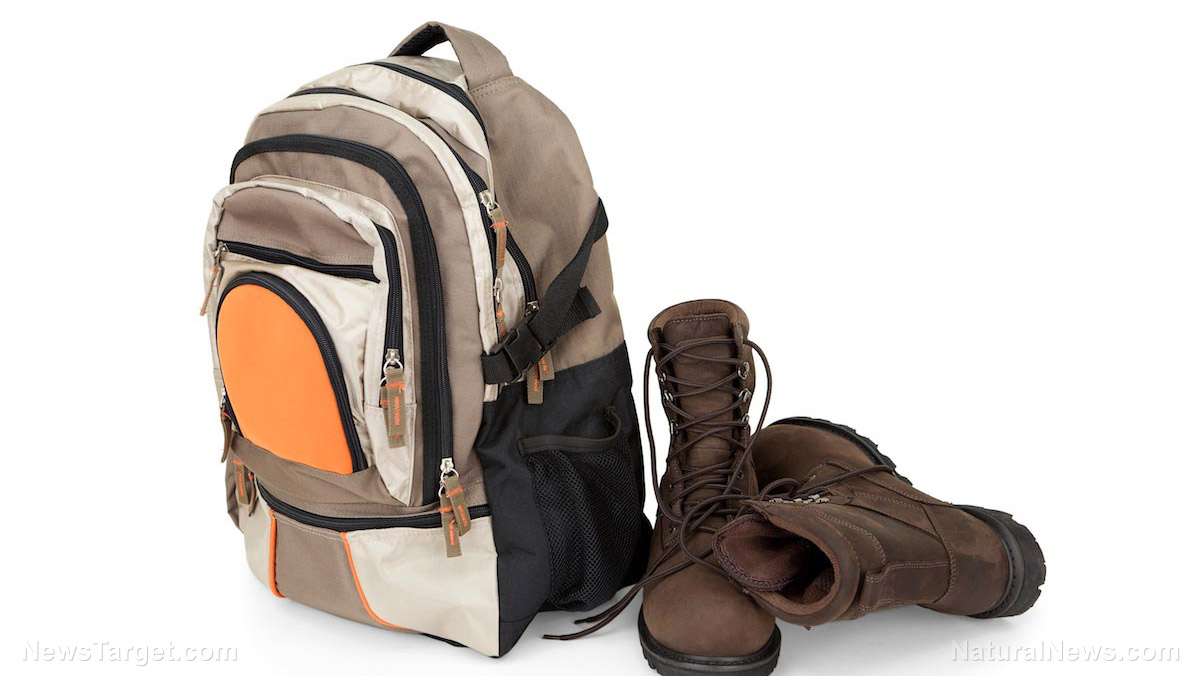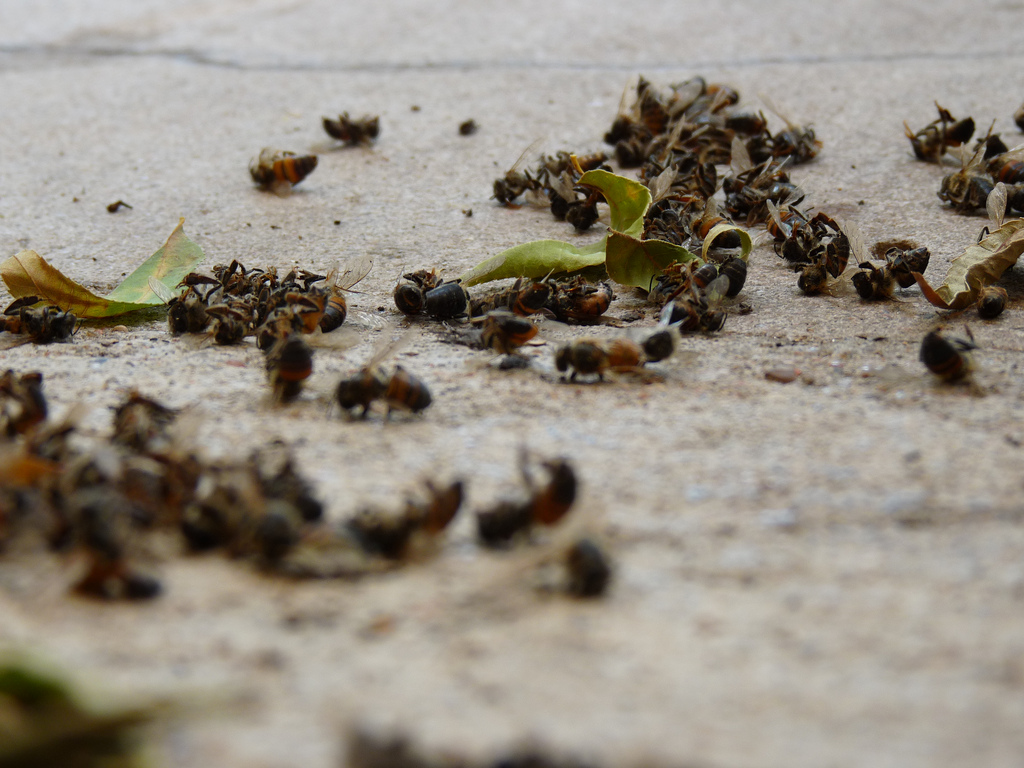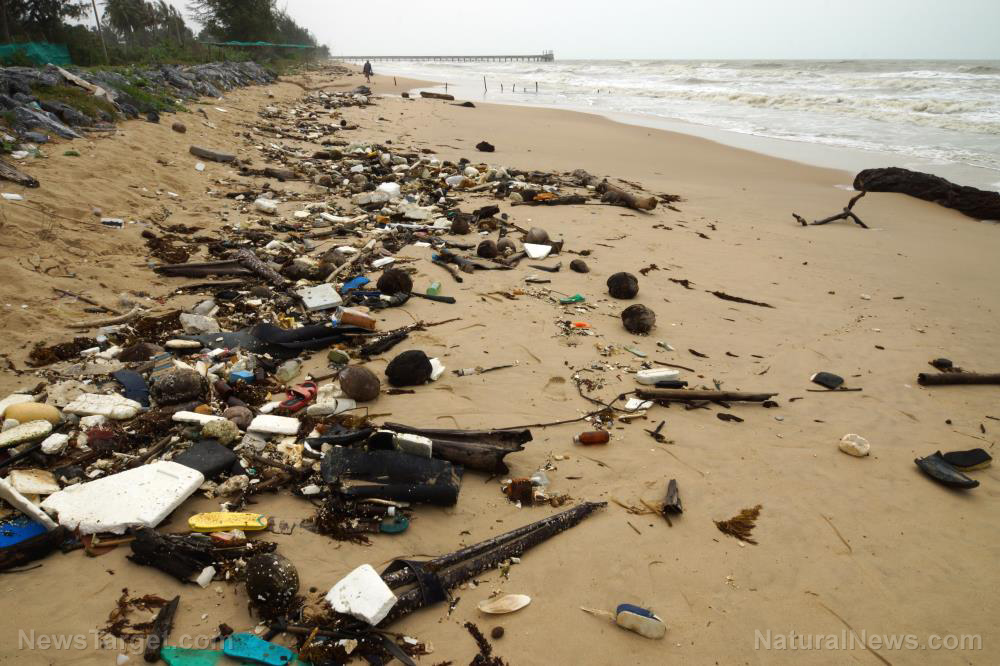Can you handle a crisis when you’re stressed? Why it’s necessary to know your “disaster personality”
08/09/2019 / By Melissa Smith
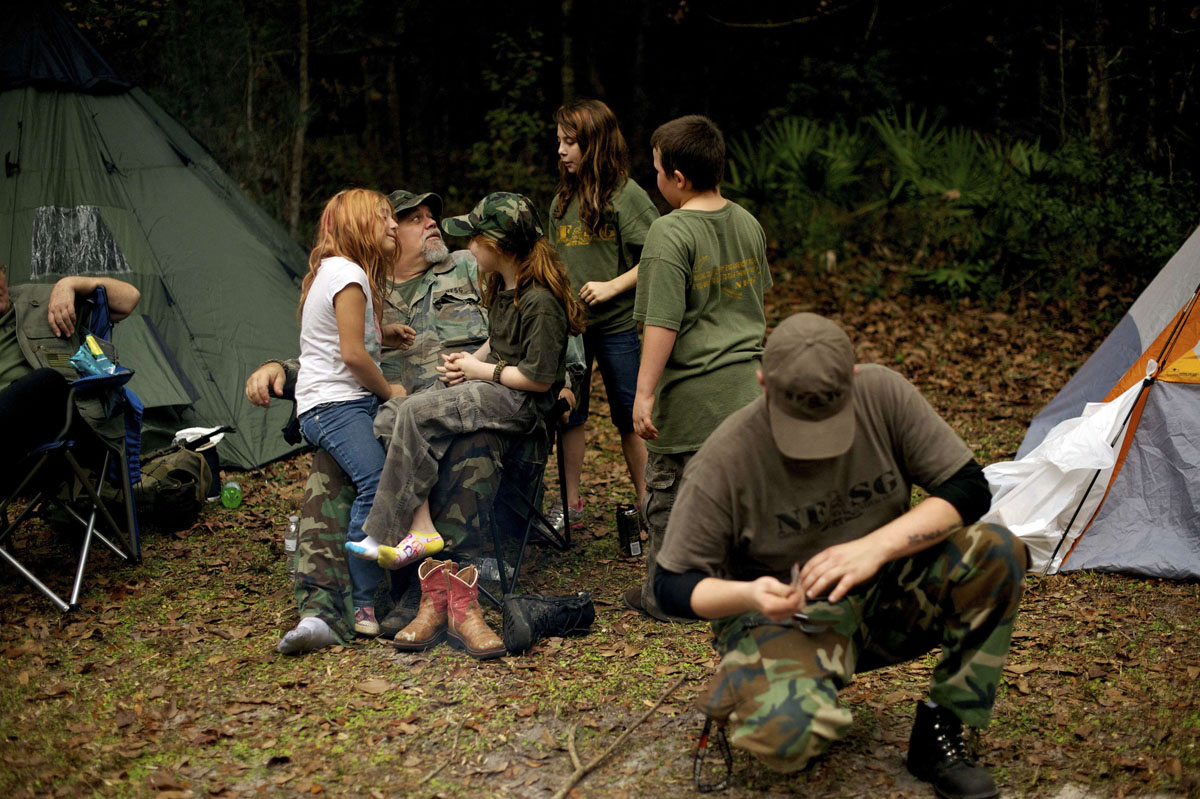
Aside from preparing your food, tools, first-aid kit, and other survival items, you also need to prepare yourself. How would you respond to an actual survival scenario? Listed below are some questions that can help you determine your disaster personality:
- Do you think a disaster could really happen to you? Many people don’t believe that they are in the midst of a disaster immediately. Being in the denial stage leads to a late response to the situation at hand. Some people wait until someone in authority tells them what to do or confirms/denies the severity of the event.
- Do you know and believe the true risks you face where you live, work, and travel? Many people who live in disaster-prone areas, such as in a flood zone or near an earthquake fault, are not really prepared. Many don’t truly make risk assessments because it has not happened in recent years and think it won’t happen any time soon.
- How would you respond to fear? Your emotional response to a situation is often the first and biggest response. Fear can either cripple or energize people, which can make a big difference in survival. Recognizing your emotion can help you move on to evaluate the situation in a more orderly way and then figure out how to deal with it.
- How would you react to feeling trapped, helpless, or alone? These feelings lead to panic, and panicking is the worst thing you can do during an emergency. Try to focus on reality and overcome these emotions as much as possible. Panicking can have a domino effect and can make a situation worse, such as causing a stampede. Staying or regaining your calm allows you to think clearly and critically, while panicking may cloud your judgment and good decision-making.
- Do you dissociate often? This means feeling like everything is happening in slow motion; that everything is unreal or dreamlike; or that you’re separated from what’s happening, like seeing a movie. Some people respond more positively in high-stress scenarios, while others don’t. For example, members of the Special Forces and Navy SEALs don’t dissociate during high-stress events like most people do.
- Do you practice survival drills with others? Practicing survival drills with your family, friends, or neighbors can increase your chances of survival. However, don’t blindly follow other people without any rational thought or a trained leader.
- How would you react to losing a part of your body? During disasters, you may lose a part of your body. Try to picture yourself in that scenario and determine how you would react. Knowing your body’s instinctive actions during disasters can help you know what is happening and not get crippled by fear.
- Do you have the motivation to help others? Some people act heroically because it is expected of them, while others simply couldn’t live with themselves if they didn’t help. For some people, having a motivation to help others makes them respond quickly.
- Do you practice your survival skills? Practicing survival skills greatly increases your chances of getting out of a disaster alive. Practice can help you overcome your instincts that could do more harm than good in a disaster. It can also reduce the amount of time you spend in denial and delaying. It also helps you face reality and recognize your disaster personality. (Related: Still not practicing preparedness skills? Nearly half of U.S. homes to be hit by natural disasters, warns research firm.)
Sponsored solution from the Health Ranger Store: The Big Berkey water filter removes almost 100% of all contaminants using only the power of gravity (no electricity needed, works completely off-grid). Widely consider the ultimate "survival" water filter, the Big Berkey is made of stainless steel and has been laboratory verified for high-efficiency removal of heavy metals by CWC Labs, with tests personally conducted by Mike Adams. Explore more here.
The last question you should ask yourself is: What would you like to change about your disaster personality? Getting to know who you are in a disaster and identifying the ways you want to change is an important part of preparedness.
Sources include:
Tagged Under: bug out, chaos, disaster, disaster personality, off grid, Off-the-grid living, panic, preparedness, prepper, prepping, self-assessment, SHTF, survival, survivalist
RECENT NEWS & ARTICLES
COPYRIGHT © 2017 COLLAPSE.NEWS
All content posted on this site is protected under Free Speech. Collapse.news is not responsible for content written by contributing authors. The information on this site is provided for educational and entertainment purposes only. It is not intended as a substitute for professional advice of any kind. Collapse.news assumes no responsibility for the use or misuse of this material. All trademarks, registered trademarks and service marks mentioned on this site are the property of their respective owners.




